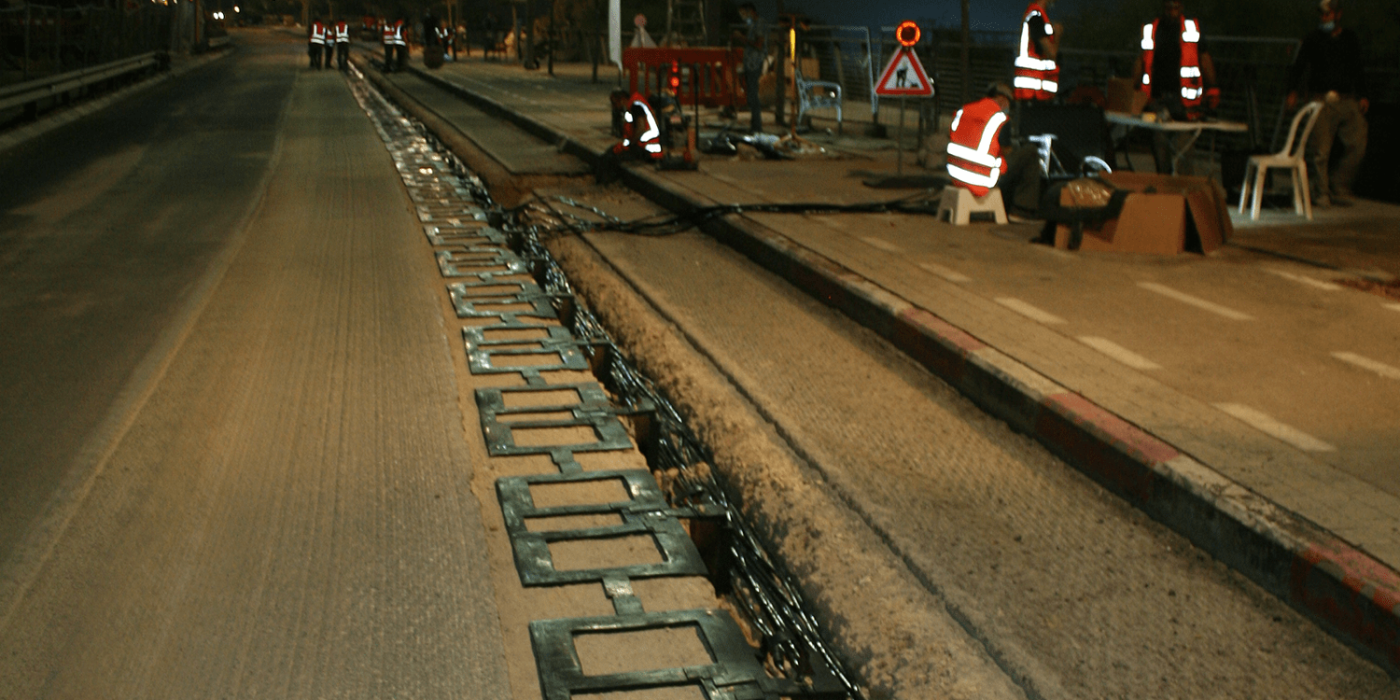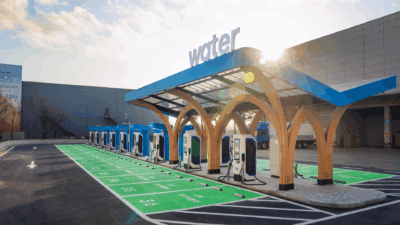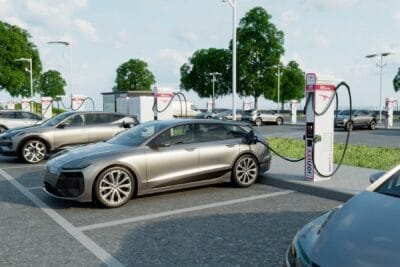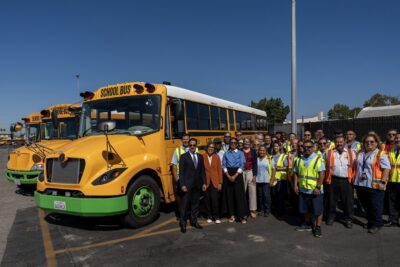ElectReon to bring inductive charging to Italy
The Israeli company ElectReon Wireless that specialises in inductive charging of electric vehicles has signed a letter of intent with the Italian infrastructure company Societa’ di Progetto Brebemi.
According to the letter of intent, a one-kilometre test section of the A35 highway between Brescia and Milan will be equipped with ElectReon inductive charging technology as part of a pilot project. If the pilot project is successful, the entire 62-kilometre length of the A35 freeway could follow.
As ElectReon announced on Sunday, the agreement with Brebemi was signed in January and just came into force on 30 October. The pilot project is scheduled to last 36 months. The pioneering inductive charging company says that the aim of the pilot is to test the applicability of the technology in connection with toll roads. While the Italian company Brebemi will bear the cost of the pilot project, ElectReon Wireless will provide the wireless electric road system, assist with installation and provide analysis and technical test services.
According to an Israeli news site, the value of the entire project is estimated to be potentially up to $97.5 million, currently around 82 million euros. The motorway concerned is 62-kilometres long and the total length of the project, including both directions of travel and some adjacent sections, could become a stretch of around 150 kilometres.
In order for electric vehicles to use the charging coils, they must be equipped with an inductive charging pad called the ElectReon receptor. Until now this wireless charging technology has only been tested on strips of regular roads where vehicles are travelling much slower than on freeways.
“This is our first project with a toll-road company and this constitutes a new market for us,” said Oren Ezer, co-founder and CEO of ElectReon. “The agreement with Brebemi is a continuation of the company’s strategy to create partnerships with leading organisations across the world and we predict that this agreement and the global infrastructure bodies that control Brebemi, will help ElectReon enter the Italian market alongside other leading markets.”
In Israel, ElectReon has currently prepared two sections of road with wireless charging technology which have been used for pilot projects with both electric cars and buses. The first was a 20-meter long section in the Israeli settlement of Beit Yanai on the Mediterranean Sea where tests with a Renault Zoe were completed in 2019. The second was a 600 meter long stretch in Tel Aviv for a pilot project with the Dan Bus Company. So far, the available Israeli news reports have not given much technical data on the inductive charging solution used in the Tel Aviv pilot projects, such as how much energy electric buses were able to absorb during the 600 meters above the induction coils.
ElectReon Wireless is already involved in several collaborations with its inductive charging technology. In the summer of 2018, the Israelis announced a partnership with the Renault-Nissan-Mitsubishi manufacturer alliance. Beyond those in Israel, partnerships have also been forged with the French company Hutchinson and recently signed an agreement with German utility EnBW to test the technology in the city of Karlsruhe.
It was only at the beginning of October that ElectReon signed an agreement with the road construction company Eurovia to build wireless electric road systems in Germany, France and Belgium.
ElectReon technology is already being tested in Sweden. In 2019, a public-private project began construction of a 1.6-kilometre test track between the airport and the centre of the city of Visby on the west coast of the Swedish Baltic island of Gotland. The partners are already heralding the next project phase now in autumn and now want to equip a 4.1 km long section with coils. The coils themselves measure up to 1.6 kilometres. Instead of a 40-tonne truck that has been tested to date, the next phase will involve charging an electric shuttle bus that will run between the city centre and the airport.
calcalistech.com, electreon.com (PDF)





2 Comments